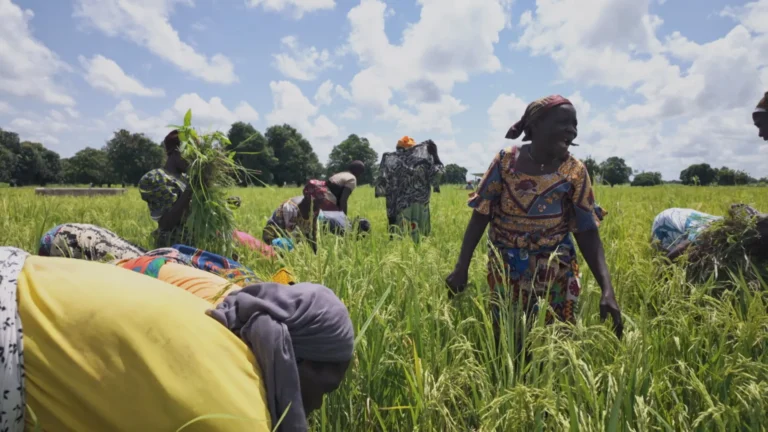
Ethiopia has taken a significant step toward its goal of becoming Africa’s premier air transport hub, as the African Development Bank (AfDB) confirmed a $500 million loan to support the development of the Bishoftu International Airport.
The ambitious project, valued at $10 billion, is designed to relieve the congested Bole International Airport and position Ethiopia as a leading gateway for intercontinental travel.
The financing agreement was signed in Addis Ababa by Ethiopian Airlines CEO Mesfin Tasew Bekele and AfDB President Akinwumi Adesina. Describing the initiative as a “structuring regional integration project,” Adesina highlighted its potential to transform air connectivity across the continent.
“This anchor financing should have a ripple effect on other creditors,” Adesina said, noting that the AfDB’s commitment is intended to encourage further investment.
Ethiopian Airlines will contribute $2 billion from its own resources, while the remaining $8 billion is expected from multilateral donors, export credit agencies, and private sector partners.
Situated 40 km southeast of Addis Ababa, Bishoftu Airport is projected to eventually accommodate 110 million passengers annually, more than quadrupling Bole Airport’s current capacity of 25 million.
The facility will feature four runways, an ultra-modern terminal exceeding one million square meters, and integrated logistics, commercial, and hotel zones, embodying an “airport-city” model.
Ethiopian Finance Minister Ahmed Shide emphasized the broader economic impact: the airport could double tourist arrivals within a decade, expand air freight for perishable goods, and create thousands of direct and indirect jobs. The project aligns with Ethiopia’s “Homegrown Economic Reform” strategy, which prioritizes infrastructure as a driver of national growth alongside rail and energy investments.
Despite the scale of ambition, challenges remain. Securing the remaining funding, adhering to the 2029 commissioning deadline, and addressing displacement concerns in Bishoftu have already drawn scrutiny from local NGOs demanding fair compensation for affected farmers. Regionally, Bishoftu’s rise could heighten competition with other African hubs such as Johannesburg, Casablanca, and Nairobi, each vying for a share of intercontinental air traffic.
With AfDB backing and a clear vision for integrated infrastructure, Ethiopia aims not only to relieve domestic congestion but also to stake its claim as a global aviation player.



